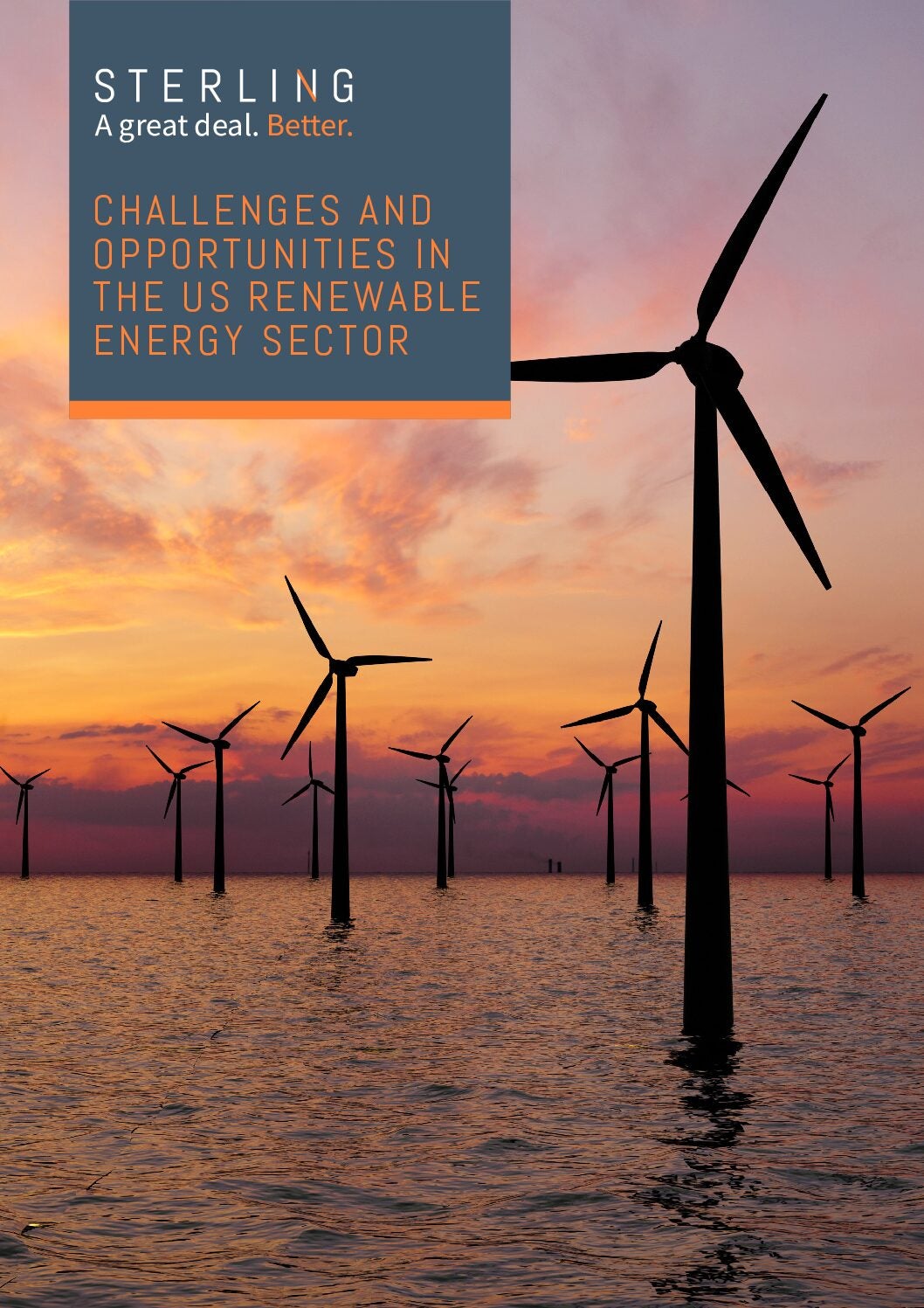
Shell’s head of renewable generation, Thomas Brostrom, is leaving the company amid a scaling back of its energy transition plans.
Brostrom is leaving the oil major after less than two years “to pursue an external opportunity”, according to an email seen by Offshore Technology.
Shell’s CEO Wael Sawan has revised the company strategy to focus on shareholder return. According to the company, the renewable transition must be paired with higher earnings.
Sawan announced a switch back to oil and gas production on 14 June while reducing investment in renewables. Sawan was under pressure from investors to focus on profitability.
Brostrom joined Shell in August 2021 from Danish renewables leader Ørsted to head offshore wind. Under previous CEO Ben van Beurden the company planned to expand its wind and solar and cut greenhouse gases.
Shell has conducted a restructuring drive, effective from 1 July. Brostrom’s former role will no longer exist; instead, renewables production will be overseen by the regional heads of Shell Energy, reporting to executive vice-president Steve Hill. Greg Joiner will take over the role of senior vice-president for Shell Energy Europe, shifting from his current job as vice-president of Shell Energy Australia.
Last week Shell power trader Steffen Krutzinna also decided to leave the company due to the change in renewables strategy. Krutzinna accused the company of “softening” its renewable commitments.
“I perceive that as pivotal shift in corporate values,” said Krutzinna in a LinkedIn post. “I don’t want to be part of that, so I’m out.”
Despite announcing the shift in policy, Shell says it remains committed to reaching net zero by 2050. “But we also made clear that we must bring our investors along with us on this journey, and that means ensuring we are clearly focused on capital discipline, enhanced performance and delivering shareholder value,” the company said in an email seen by reporters.




